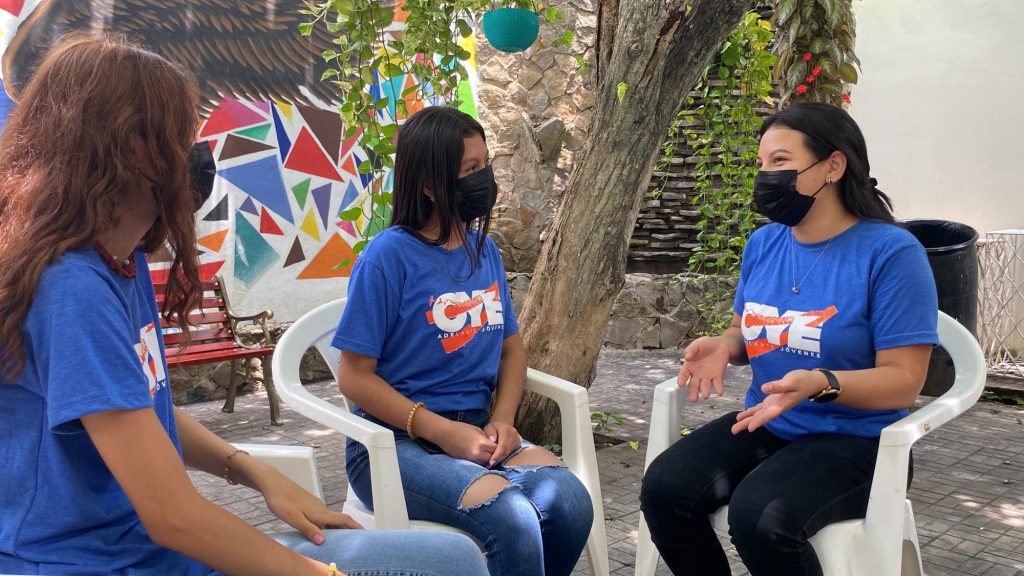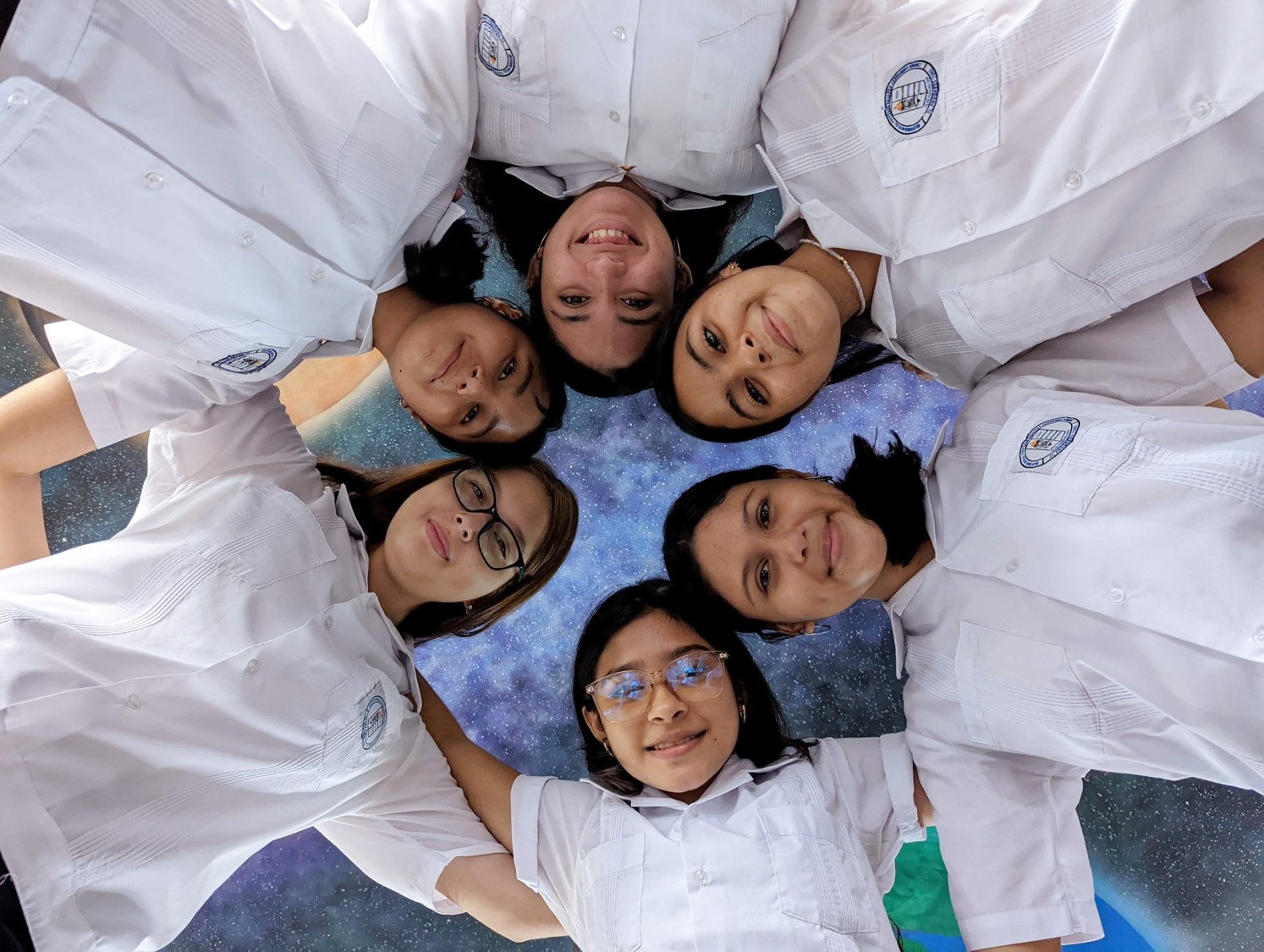
Mission
The mission of Organization for Youth Empowerment (OYE) is to create opportunities for young people to empower themselves and transform their lives, families, and communities.
Life Challenges of the Women Served
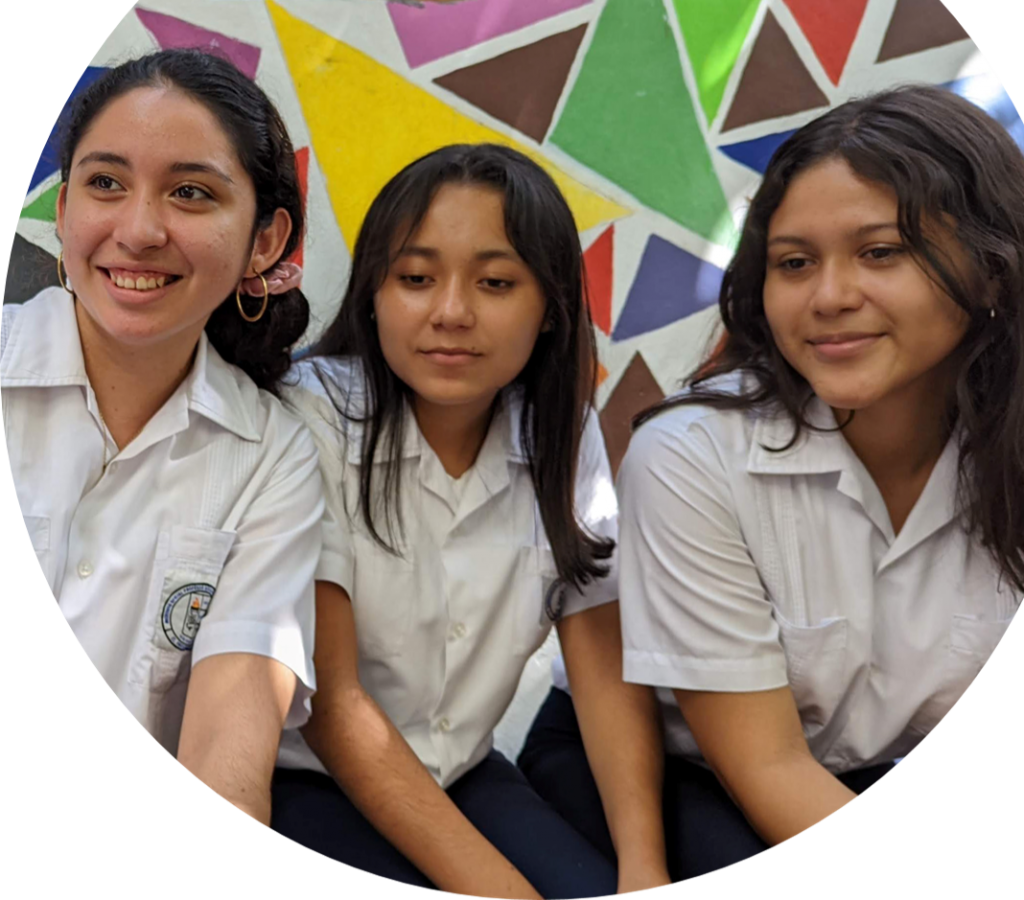 In Honduras, adolescent pregnancy, early unions, gender-based violence, and economic dependence are only a few of the myriad realities that impact girls’ and young women’s physical, social, and emotional health and wellbeing. Over the last two years, the pandemic and back-to-back hurricanes have caused situations of confinement, displacement, and overcrowding that leave girls and young women even more vulnerable. In this context, increasing numbers of girls are leaving school to contribute to their family’s income, getting pregnant, and entering unions at increasingly young ages, and experiencing violence in their homes and communities.
In Honduras, adolescent pregnancy, early unions, gender-based violence, and economic dependence are only a few of the myriad realities that impact girls’ and young women’s physical, social, and emotional health and wellbeing. Over the last two years, the pandemic and back-to-back hurricanes have caused situations of confinement, displacement, and overcrowding that leave girls and young women even more vulnerable. In this context, increasing numbers of girls are leaving school to contribute to their family’s income, getting pregnant, and entering unions at increasingly young ages, and experiencing violence in their homes and communities.
Honduras is one of the most impoverished and unequal countries in Latin America and has the second highest rate of adolescent pregnancy in the region. According to the United Nations Population Fund (UNFPA) and Human Rights Watch, one in four women in Honduras has given birth before age 18 and an estimated 40 percent of all pregnancies are unplanned or unwanted. At a regional level, Honduras is the only country that has banned emergency contraception.
While these realities impact all girls and young women, the impact is not equal. Those living in poverty experience these impacts disproportionately. In Honduras, 65 percent live in poverty and 42 percent are in extreme poverty. Beyond socioeconomic status, girls who live in homes with a single parent, experience frequent family conflict, identify as sexually or gender diverse, or live in communities plagued by violence are at greater risk. Some girls barely leave their homes in fear of the community violence that plagues their rural towns. These realities affect girls’ opportunities, mobility, and physical, mental, and emotional health and wellbeing.
Many consider sexual violence to be normalized in Honduras – and it has grown during the COVID-19 pandemic. The Honduran women’s rights organization Women’s Rights Center (CDM) reported that nearly 1,000 children and adolescents under the age of 20 experienced sexual violence between January and October 2020. More than half of reported cases of sexual violence involve girls ages 10 to 19.
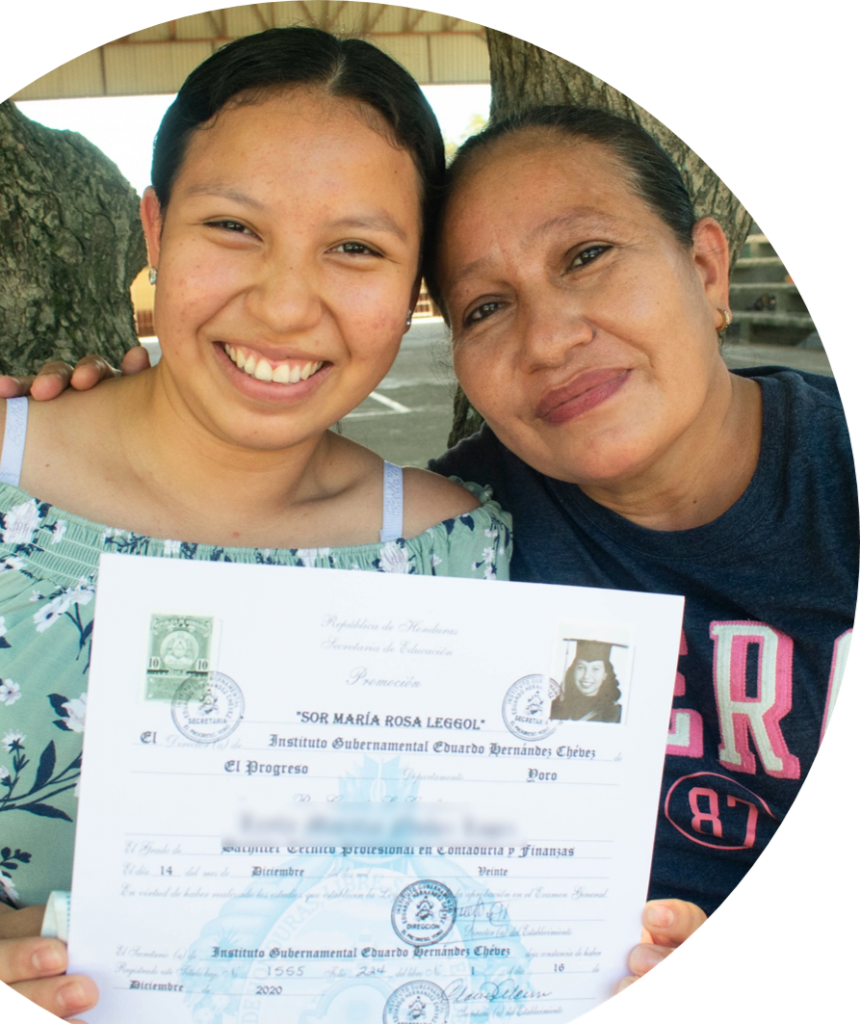 The causes of these problems are structural and deeply rooted in the patriarchy. Women in Honduras face:
The causes of these problems are structural and deeply rooted in the patriarchy. Women in Honduras face:
- lack of access to education and economic opportunities, perpetuating their economic dependence on men and limiting their capacity for self-sufficiency,
- lack of access to accurate, age-appropriate information about sexual and reproductive health, limiting their capacity to make informed decisions for themselves and for their bodies, health and relationships,
- limited access to contraceptives and family planning information and services, limiting their capacity to prevent unplanned and unwanted pregnancies, and
- power imbalances in family and intimate relationships, often between younger girls and older men, which can escalate to situations of physical, emotional, and/or sexual violence.
The decisions that girls and young women make and the experiences they live through in this critical time significantly impact, either positively or negatively, the course of their lives. There is considerable evidence that access to comprehensive sexuality education leads to improved sexual and reproductive health, promotes gender equality, and reduces unintended pregnancies among young people. However, young people in the region served by OYE continue to be denied access to this critical, life-changing information.
The Project
The goal of OYE’s Girls Leading Change (GLC) project is to equip adolescent Honduran girls and young women living in poverty with the knowledge, skills, attitudes, values, and tools to lead healthy, choice-filled lives and advocate for change in their communities. OYE accomplishes this by improving their educational opportunities and by creating empowering spaces for them to receive, facilitate, and advocate for the implementation of the Municipal Public Policy on Comprehensive Sexuality Education. This project will be implemented in El Progreso, the fifth largest city in Honduras, and will directly engage 385 adolescents, young people, family members and community leaders, nearly 70 percent of whom are girls and women.
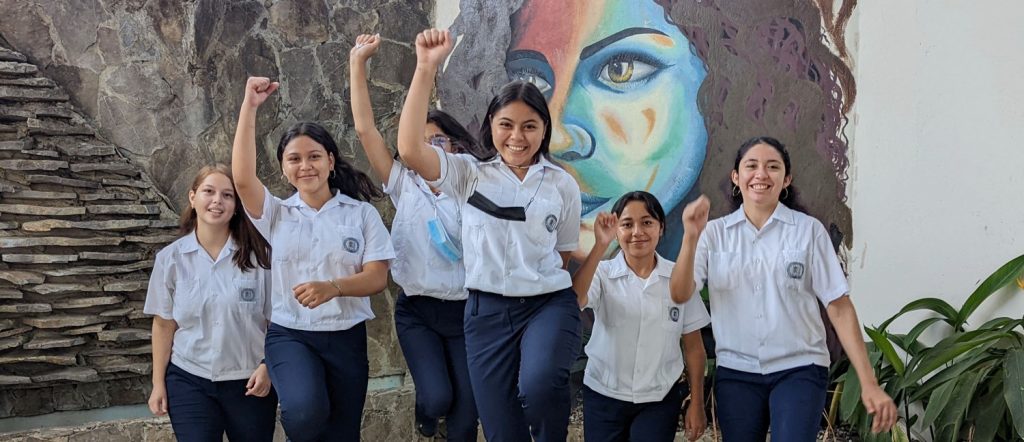
This project embodies OYE’s commitment to gender equality and youth leadership. It harnesses the potential of women and girls to become capable and inspiring leaders who actively work to create a more equitable world where their voices are heard and their rights are respected. It invests in girls’ education and leadership potential, promotes their sexual and reproductive health and rights – starting with comprehensive sexuality education – and engages boys as partners and allies for gender equality.
The Girls Leading Change project starts with training and advances to advocacy. It is led by adolescent girls and young women. Two adolescent girls will assume leadership roles and be involved with every aspect: recruitment, training, coordination of advocacy and community engagement activities, participation in meetings with local authorities, and monitoring and evaluation.
The project includes:
Education – OYE will award scholarships to 15 adolescent girls living in poverty (less than $1.90 a day) to continue their secondary educations. Disbursed monthly throughout the year by check or bank transfer, scholarships contribute to expenses related to their education, including textbooks, school supplies, internet, transportation, and food. Beyond economic support, participating girls will have access to ongoing academic and socio-emotional support services at the OYE youth center, where they enjoy a homework hub, tutoring, and individual and family counseling. Education is a catalyst for greater economic self-sufficiency. When girls are more educated, they are more likely to delay marriage and motherhood, and their economic opportunities grow. This generates a ripple effect in their present and future lives, families, and communities.
Scholarships are a proven way to combat educational inequality. OYE’s scholarship model is based on the understanding that lack of economic resources is the primary barrier to accessing education, that each girls’ needs are different, and that they should be able to decide for themselves how to best allocate these resources.
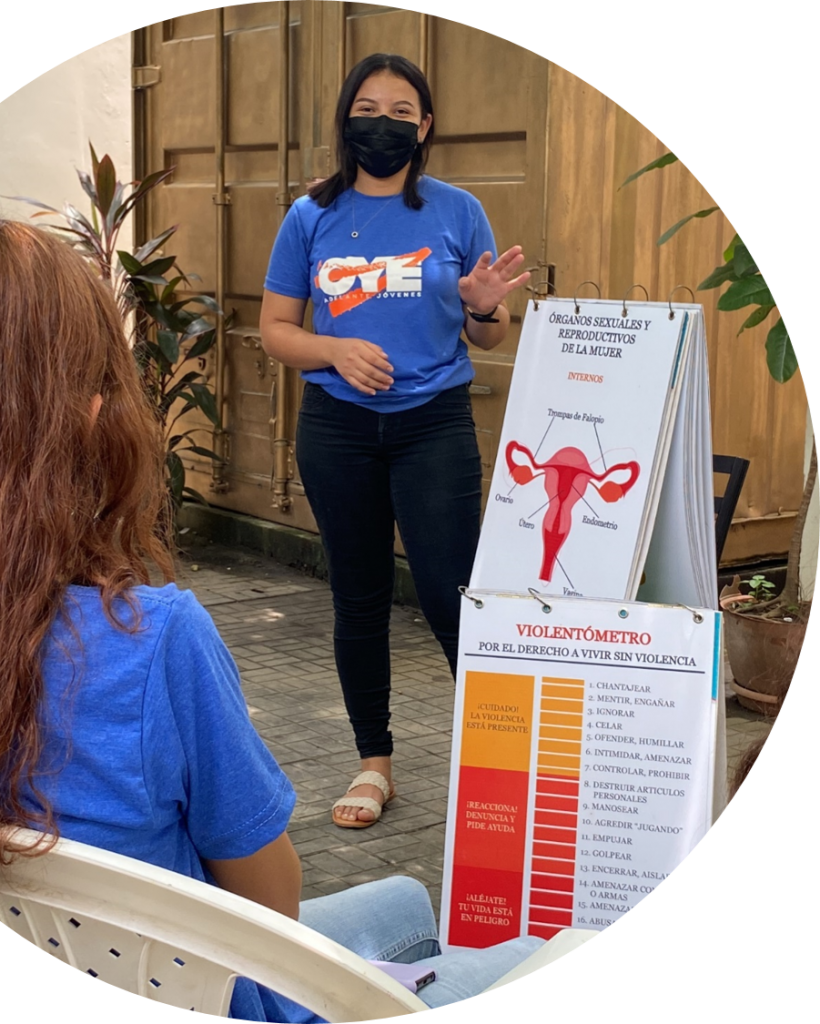 Capacity-Building in Sexual and Reproductive Health and Rights (SRHR), Leadership and Advocacy – The 15 girls who receive scholarships will participate in 40+ hours of SRHR leadership and advocacy training, consisting of five half-day sessions and a three-day retreat. They will then join project staff in facilitating an abridged 20-hour training of mixed and same-sex sessions to 105 student leaders in six partner schools: 75 in year 1 and 30 in year 2. These student leaders will lead school-based or school-adjacent GLC promotional events for peers. Due to the continued pandemic, all trainings will be conducted in small groups of no more than 15 people and will adhere to appropriate health and safety protocols. Some trainings may be virtual. Facilitating these edutainment activities fosters political will and community support.
Capacity-Building in Sexual and Reproductive Health and Rights (SRHR), Leadership and Advocacy – The 15 girls who receive scholarships will participate in 40+ hours of SRHR leadership and advocacy training, consisting of five half-day sessions and a three-day retreat. They will then join project staff in facilitating an abridged 20-hour training of mixed and same-sex sessions to 105 student leaders in six partner schools: 75 in year 1 and 30 in year 2. These student leaders will lead school-based or school-adjacent GLC promotional events for peers. Due to the continued pandemic, all trainings will be conducted in small groups of no more than 15 people and will adhere to appropriate health and safety protocols. Some trainings may be virtual. Facilitating these edutainment activities fosters political will and community support.
Beyond sex, comprehensive sexuality education explores themes of respect, open and assertive communication, consent, and much more. OYE’s youth-led participatory methodology integrates a gender lens and encourages experiential learning, where real life experiences of participants guide their exploration of key concepts related to SRHR, relationships and gender equality. This methodology is built on OYE’s successes and has been strengthened through collaboration with organizations across the region that advance gender equality through unique and innovative approaches.
Advocacy for Broader Access to Comprehensive Sexuality Education (CSE) – To better understand the issues facing girls and to inform future CSE interventions, girl leaders will collect data and women’s stories. Some interviews will be filmed and others only recorded to protect anonymity. These girls will meet with local authorities, participate in municipal council meetings, organize a community forum, produce and present a 25-minute documentary, and create engaging informational content for social media. The goal is to convince government decision makers to expand access to the Municipal Public Policy on Comprehensive Sexuality Education, thereby providing over 34,000 students from grades 1 – 9 access to this critical information at school and in their communities each year.
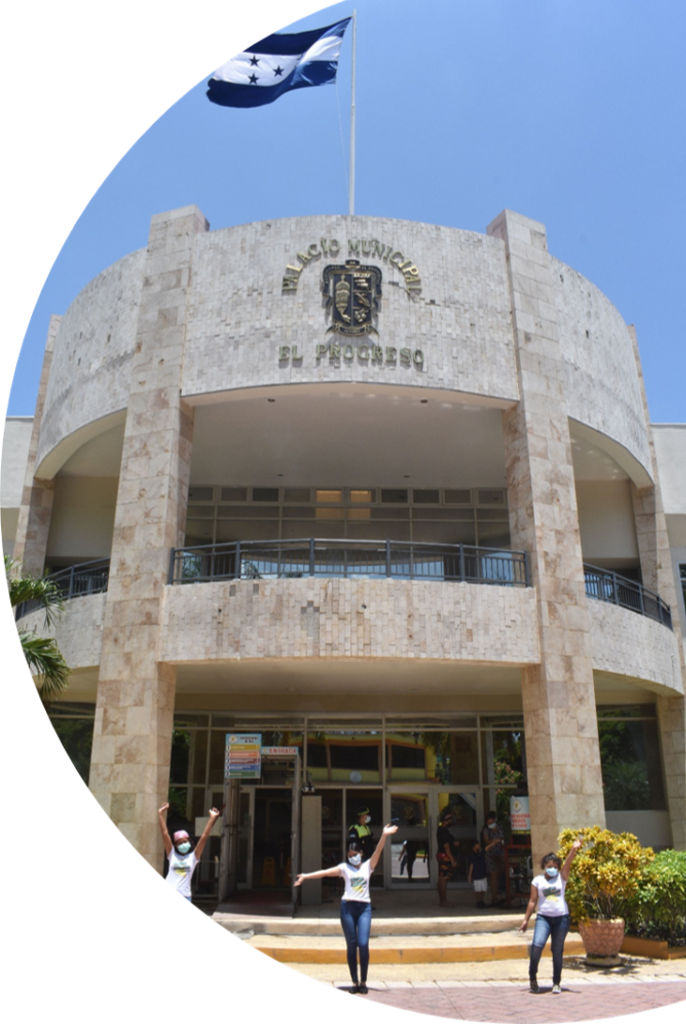 Public policy change is key to achieving the far-reaching and lasting change, which is why this is one of the most important aspects of this project. It is based on a multi-year initiative born out of young people’s call for CSE and developed by an interdisciplinary council of public and private institutions in OYE’s local community. While OYE played a key role in facilitating and pushing the initiative forward, it has truly been a collaborative community effort to get it passed and will continue to be as the advocacy for its implementation remains collective.
Public policy change is key to achieving the far-reaching and lasting change, which is why this is one of the most important aspects of this project. It is based on a multi-year initiative born out of young people’s call for CSE and developed by an interdisciplinary council of public and private institutions in OYE’s local community. While OYE played a key role in facilitating and pushing the initiative forward, it has truly been a collaborative community effort to get it passed and will continue to be as the advocacy for its implementation remains collective.
This project will directly serve 385 adolescents, young people, family members, and community leaders, nearly 70 percent (265) of whom are girls and women. The exact demographics of OYE’s core network of young people vary from year to year, but generally fall into the following categories:
- – 77 percent are between the ages of 14 and 21
- – 23 percent are between the ages of 22 and 26
- – 65 percent are women
- – 70 percent live under the international poverty line of $1.90 a day
- – 95 percent live under the national (and lower-middle income countries’) poverty line of $3.20 a day
- – 15 percent live in rural communities.
- – 65 percent live in single or no-parent households (mostly single mothers)
- – 55 percent are enrolled in secondary education
- – 45 percent are enrolled in higher education
- – 70 percent are first-generation high school graduates
- – 100 percent of those who pursue higher education are first-generation university students.
Beyond self-sufficiency, this project promotes self-confidence and self-reliance. It places girls and young women at the forefront of their personal growth and empowerment and engages the important people in their lives to support them along the way. OYE’s model equips them to be confident and assertive in their decisions, and it grants the spaces and opportunities to make mistakes, learn from them, lead, and drive change for thousands of girls and young women in their community. Empowered girls become empowered women.
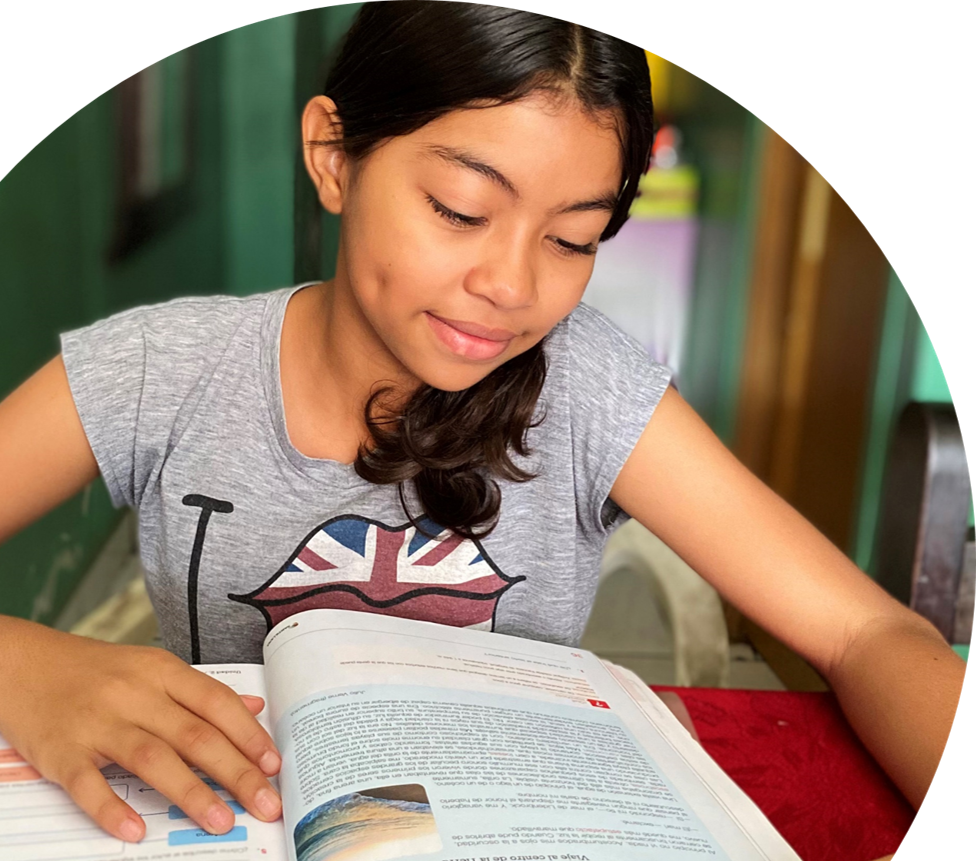 Girls will be selected based on a balance of economic need, presence of risk factors, and perceived leadership potential. Girls who are students in OYE’s six partner schools will be prioritized. Project staff will start by selecting two adolescent girls from OYE’s existing network to assume leadership roles. They will then turn to their broader network for potential participants. Interested girls will participate in a three-step selection process: 1. application form and supporting documents to better understand each prospective participant’s personal, familial, socioeconomic, and educational background, 2. personal interview, and 3. home visit.
Girls will be selected based on a balance of economic need, presence of risk factors, and perceived leadership potential. Girls who are students in OYE’s six partner schools will be prioritized. Project staff will start by selecting two adolescent girls from OYE’s existing network to assume leadership roles. They will then turn to their broader network for potential participants. Interested girls will participate in a three-step selection process: 1. application form and supporting documents to better understand each prospective participant’s personal, familial, socioeconomic, and educational background, 2. personal interview, and 3. home visit.
OYE will collaborate with two key partners for this project:
- – Municipal Child and Youth Participation Council – This council was established to create meaningful spaces for young people to participate and influence local policy. It is the youth-led counterpart of the Municipal Council for the Rights of Adolescents, made up of local public and private institutions that advance the rights of children and young people. Through these councils, OYE advocated for the passing of the public policy initiative. Moving forward, all actions related to its implementation will be coordinated through both this council and its youth-led counterpart.
- – Honduran Association for Women and Families (AHMF) – This NGO provides sexual and reproductive health and family planning education and clinical services. OYE will become a contraceptive distribution point and refer girls and women to their clinic for further information and services. Their women health promoters will be a valuable resource for OYE girl leaders as they collect information, data, and stories to highlight in their advocacy efforts.
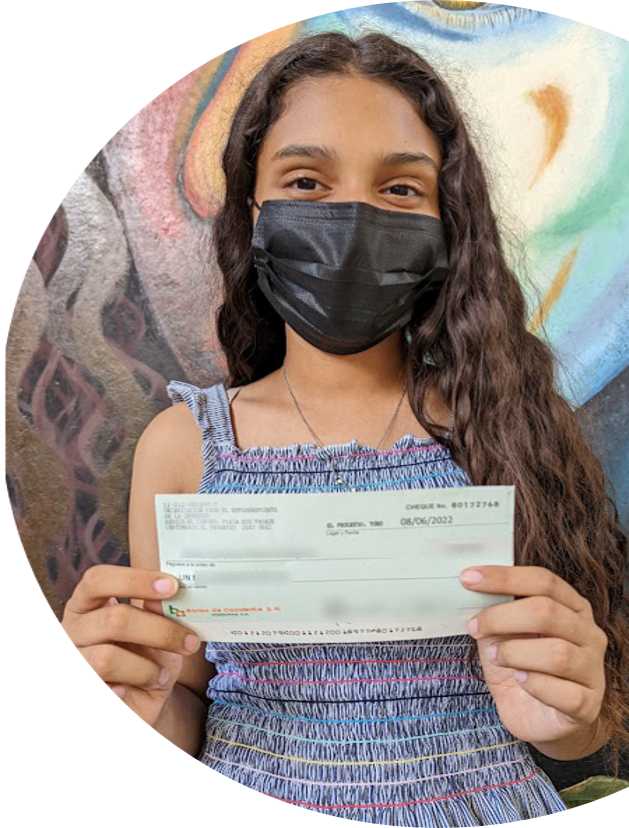 OYE will use a diverse array of tools and methods to measure the quantitative and qualitative impact of this project. Scholarship applications of participating girls will provide a wealth of knowledge on their initial circumstances and will be used as a tool to measure change. OYE will design a questionnaire to measure changes in knowledge and beliefs regarding SRHR and observe acquired leadership and advocacy skills in girl and student leaders.
OYE will use a diverse array of tools and methods to measure the quantitative and qualitative impact of this project. Scholarship applications of participating girls will provide a wealth of knowledge on their initial circumstances and will be used as a tool to measure change. OYE will design a questionnaire to measure changes in knowledge and beliefs regarding SRHR and observe acquired leadership and advocacy skills in girl and student leaders.
OYE envisions that the role of local organizations will evolve rather than become unnecessary. OYE’s long-term vision for this project is that the local government will enact the Public Policy on Comprehensive Sexuality Education without external pressure and resources. When girls and young people increasingly have access to CSE at school, it will be less necessary for OYE to fill this need, and OYE’s role will evolve to one of oversight. In the absence of political will to enact the policy, OYE envisions a strengthened community-driven movement.
Year 1 – Direct Impact: 270 total (including 190 girls and women);
Indirect Impact: 8,500 total (including 4,500 girls and women)
Year 2 – Direct Impact: +110 additional people (including 75 girls and women); Indirect Impact: +2,500 additional people (including 1,350 girls and women)
UN Sustainable Development Goals
![]()
![]()
![]()
Questions for Discussion
- What do you think are the multi-layered benefits of this project beyond an increase in SRHR knowledge?
- How does the broader community play a vital role in this project?
- How does the inclusion of boys help advance gender equality? Do you think it is more or less important in the context of this project?
How the Grant Will be Used
Together Women Rise’s grant of $40,000 over two years will help fund the following. (The total cost for this project is $70,000. The cost per person is approximately $180.)
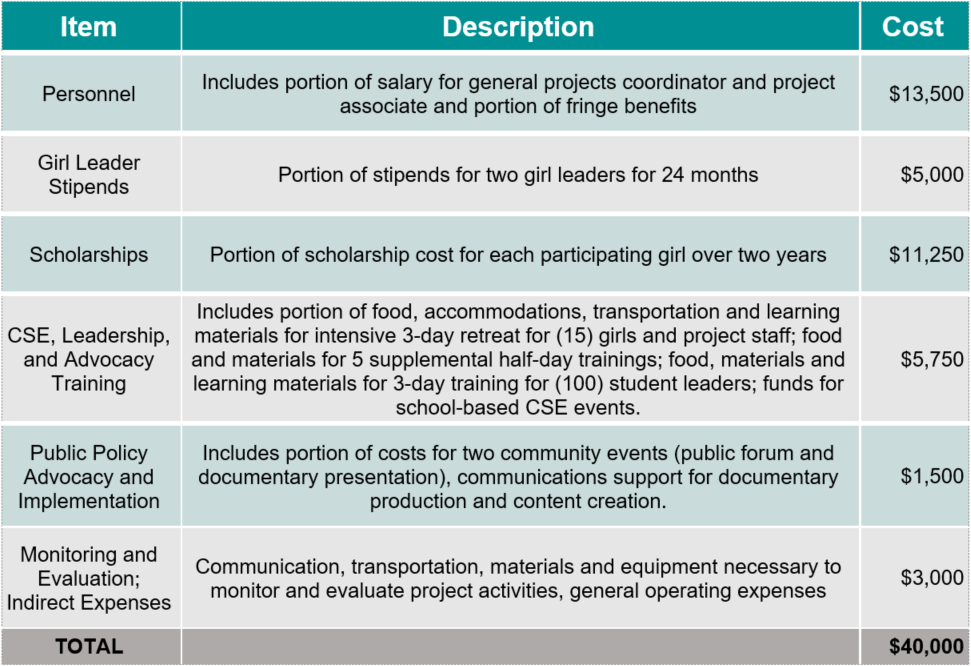
Why We Love This Project/Organization
The Organization for Youth Empowerment excels in creating spaces for young people to engage with their peers, develop leadership and life skills, and drive change in their communities through the creative arts, media, sports, and youth-led initiatives. In Honduras, adolescent pregnancy, early unions, gender-based violence, and economic dependence are just a few of the realities that impact girls and young women’s physical, social, and emotional health and wellbeing. Educational scholarships, comprehensive training in Sexual and Reproductive Health, and advocacy training are designed to increase girls’ self-confidence and self-reliance to break through generational cycles of poverty and transform the world around them.
Evidence of Success
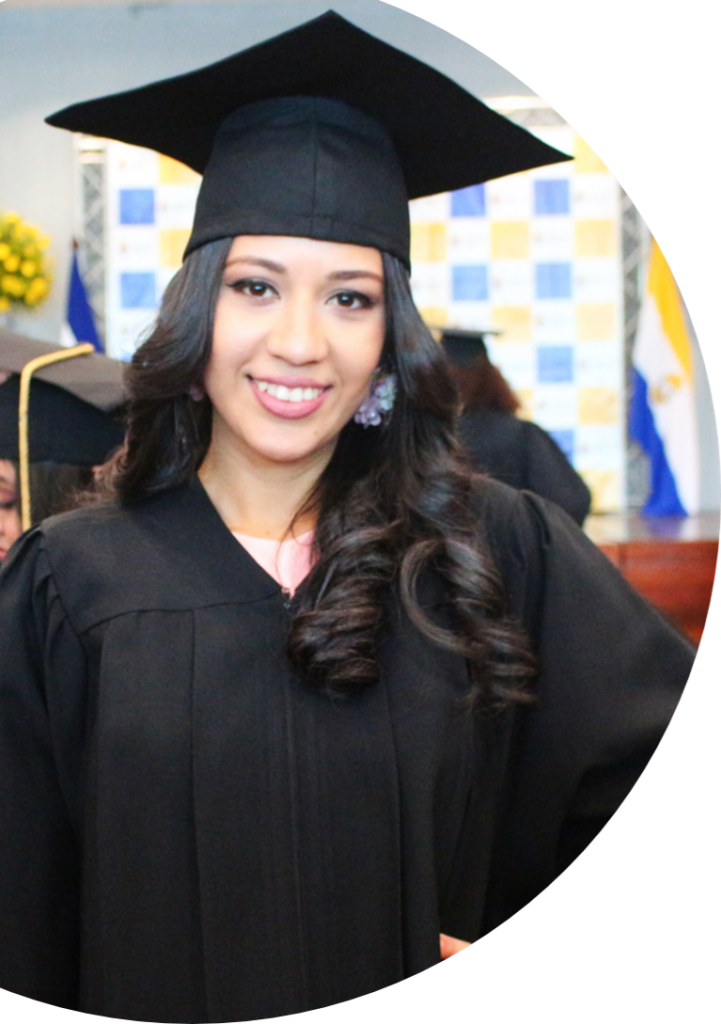 Since 2005, OYE has awarded multi-year scholarships to over 430 socioeconomically disadvantaged young people to continue their education. Ninety-eight percent complete secondary education and more than 60 percent make the immediate transition into higher education. The national rate of higher education access is only 16 percent. OYE has also been successful in supporting a growing network of 15 young entrepreneurs, all of whom are generating resources for themselves and their families in a context where so many are without economic opportunities due the pandemic. Without opportunities, many young people envision themselves in low wage jobs or migrating to another country just to survive. With opportunities, they are breaking generational cycles of poverty and transforming the world around them.
Since 2005, OYE has awarded multi-year scholarships to over 430 socioeconomically disadvantaged young people to continue their education. Ninety-eight percent complete secondary education and more than 60 percent make the immediate transition into higher education. The national rate of higher education access is only 16 percent. OYE has also been successful in supporting a growing network of 15 young entrepreneurs, all of whom are generating resources for themselves and their families in a context where so many are without economic opportunities due the pandemic. Without opportunities, many young people envision themselves in low wage jobs or migrating to another country just to survive. With opportunities, they are breaking generational cycles of poverty and transforming the world around them.
In the last five years, only six out of over 170 girls and young women who have participated in OYE’s programs have gotten pregnant before the age of 20, most since the start of the pandemic. In 2006, OYE’s co-founders were selected as Laureate Global Fellows of YouthActionNet, a program of IYF (formerly known as International Youth Foundation) that supports young social entrepreneurs across the globe. In 2015, OYE’s youth development model took them to the White House, where they received the International Spotlight Award of the National Arts and Humanities Youth Program Awards from former First Lady Michelle Obama. In 2016, OYE was recognized locally with the Guillermo J. Baín Award, the highest honor bestowed by El Progreso’s mayor and city council upon local individuals, companies, and organizations who make a positive impact on the community. In 2021 and 2022, the Global Fund for Children nominated OYE for the Juliette Gimon Courage Award and the Maya Ajmera Sustainability Award.
Voices of the Girls
“OYE taught me that I have a voice, and that my voice is worth hearing and can inspire others. That we [as leaders] must always set an example and think about our collective wellbeing. Now I am a lawyer, and while I am still connected to OYE in many ways, I work in a human rights organization. I fulfilled the dream of my life.” — Former youth leader and scholarship graduate Keyla, who is now a young lawyer and member of OYE’s Board of Directors.
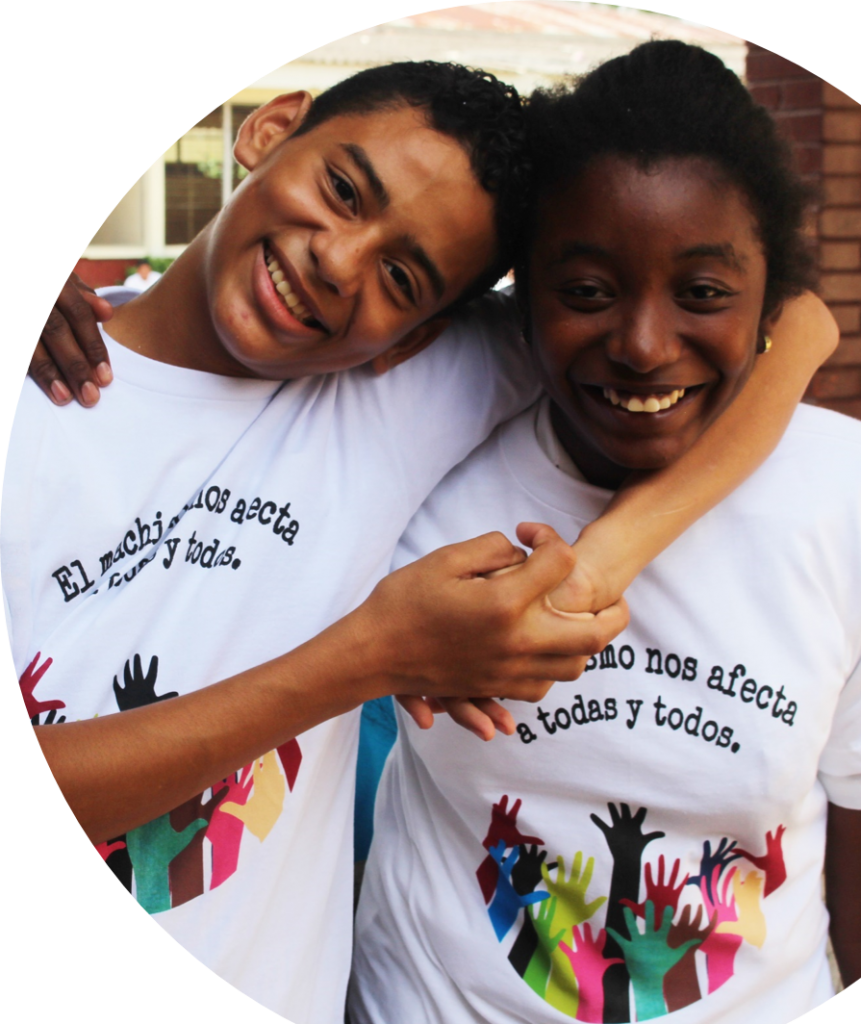 “Being gay is hard but being gay and poor is worse. I don’t want to be rich. I just want knowledge and to one day have the opportunity to help others.” — A young woman in OYE’s network who identifies as lesbian
“Being gay is hard but being gay and poor is worse. I don’t want to be rich. I just want knowledge and to one day have the opportunity to help others.” — A young woman in OYE’s network who identifies as lesbian
“Over the past three years, I have gotten to know myself and my community better, thanks to the girls and women who opened my eyes, walked with me and shared stories that sparked my need to see change happen. I now have the capacity, courage and conviction to fight for my rights and the rights of others.”— Keyrin, 17 years old
“I have learned that women don’t have limits. That if we set goals for ourselves, we can achieve them. I would love for more young people, especially girls, to come to OYE because we become empowered in so many ways and on so many topics, including self-confidence and sexual health.”— Leyla, 19 years old
“Many times as girls we have limiting beliefs about what we can do. OYE has taught me that if I put my mind to something, I am capable, regardless of my gender. There are so many things that I won’t stop doing just because I am a girl. OYE encourages that. In OYE, we find tolerance and empathy. We are given attention, feel supported and never told that we can’t talk about something. I wish more girls had this kind of support.”— Maylin, 18 years old
“I used to be so shy and now I am so much more self-confident. I would like for more girls to have the opportunity to continue their education. I didn’t have that [opportunity] and now I do, thanks to OYE.” — Alexa, 18 years old
“In OYE, I have learned how to lead, connect with people, speak in public and be less nervous in front of the camera. OYE exudes happiness and makes us feel good to be a part of the organization.”— Nicole, 19 years old
“OYE has helped me in my development. I used to have less confidence in expressing myself, but now I can express myself better. I have also learned about design and photography.” — Verónica, 17 years old
“In OYE you will find open minds, availability of staff and love towards each young person. I would love for other young people to receive sex education and build their confidence in themselves like I have. I have shared some of what I have learned with my friends.”— Jennifer, 20 years old
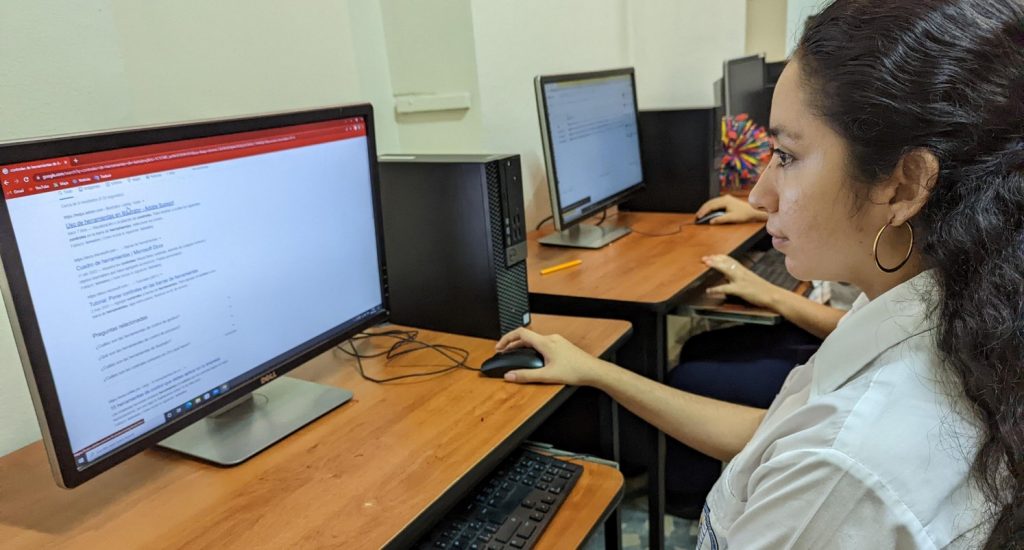
About the Organization
OYE was founded in 2005 by Ana Luisa Ahern, Justin Eldridge Otero, and Jessica Mockrin. As children of international development professionals, Ana Luisa and Justin lived in Honduras for several years during their childhood and adolescent years and witnessed the challenges facing children and young people who lived in poverty continue their education and improve their lives. Upon graduating from college, they joined forces with Jessica and returned to Honduras to start a scholarship program to help five young women go to college.
Recognizing that access to formal education was just the beginning, they started to pave the way for the development of OYE’s comprehensive youth empowerment model, creating spaces for young people to engage with their peers, develop leadership and life skills, and drive change in their communities through the creative arts, media, sports, and other youth-led initiatives. From the beginning, these young founders recognized that OYE’s success and sustainability would depend on the development of strong and capable local leadership. Since 2008, driven and capable Hondurans have led the organization and shaped OYE into what it is today.
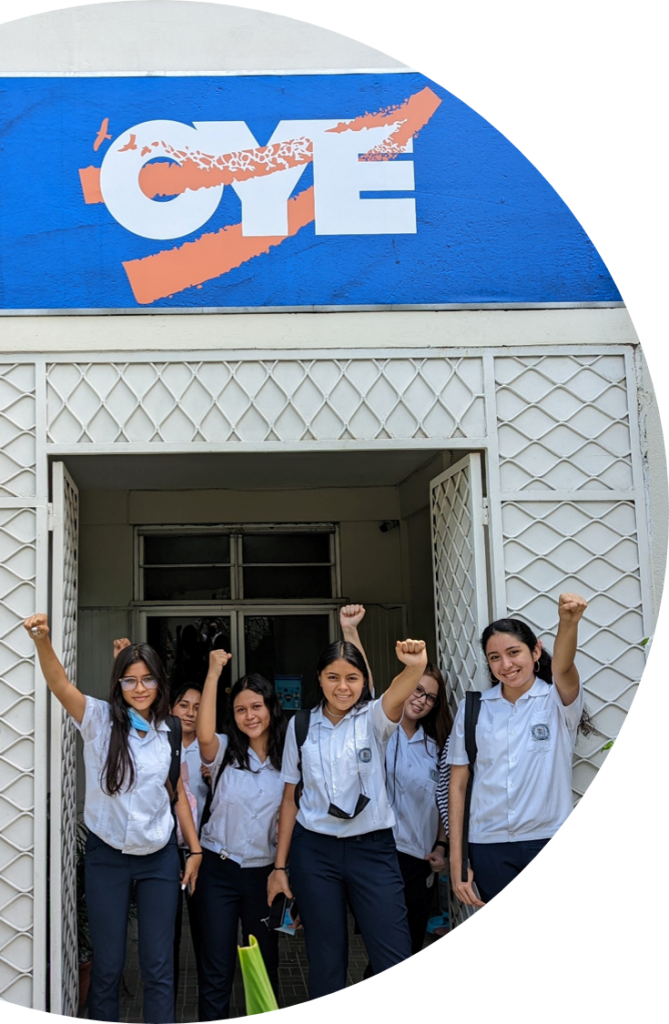 Across all their programmatic areas, OYE prioritizes girls and young women’s participation and leadership. Sixty-five percent of participants are girls and young women, and 70 percent of youth leadership positions are occupied by young women.
Across all their programmatic areas, OYE prioritizes girls and young women’s participation and leadership. Sixty-five percent of participants are girls and young women, and 70 percent of youth leadership positions are occupied by young women.
Benefits provided by OYE include:
- Education: OYE provides scholarships and academic support services to promising socioeconomically disadvantaged students to complete secondary education and/or pursue higher/continuing education opportunities at public institutions. It also supports teachers in local public schools with training and resources to promote student learning and persistence.
- Economic Opportunity: OYE facilitates vocational training opportunities and scholarships for young people to pursue post-secondary technical degree programs that prepare them to enter the formal labor force or start their own business. OYE provides entrepreneurships and financial literacy training, seed capital, and ongoing support for aspiring and emerging entrepreneurs to launch and/or grow their businesses.
- Health and Wellbeing: OYE provides individual and group psychological and counseling services to young people and their families to promote emotional and mental health and wellbeing. As in this current project, they also facilitate sexual and reproductive health and rights education and advocate for broader access to comprehensive sexuality education.
- Leadership and Engagement: OYE facilitates trainings for young people to develop leadership and life skills, including communication, creative and critical thinking, collaboration and decision-making. OYE also creates spaces for them to practice leadership, develop talents, and engage with their peers and communities through youth-led art, media, and sports programs.
Where They Work
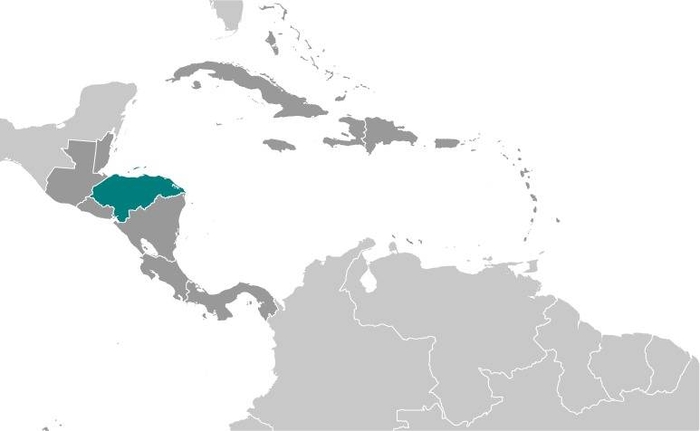
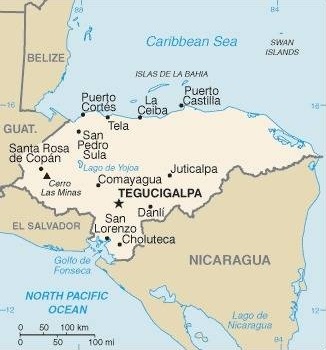
OYE works in the municipality of El Progreso, which is located in the department of Yoro in the northern region of Honduras. Its programs and youth center, located in the city center, are open to young people from all urban, peri-urban, and rural areas in the municipality. El Progresso is a progressive town, enjoying a history of social justice influenced by Jesuit priests.
Honduras is a country the size of Tennessee, home to 9.5 million Spanish-speaking people. The majority (48 percent) are Protestant or Catholic (34 percent). It is subtropical in the lowlands and temperate in the mountains. The Caribbean shoreline includes the virtually uninhabited Mosquito Coast.
Gender inequality is the norm in Honduras, especially in rural areas. In this patriarchal society, the men usually make all the decisions. Despite legislation, many women face domestic violence and discrimination in the workplace.
Although Honduras has the second fastest growing economy in Central America, the COVID-19 pandemic and two hurricanes have knocked it back considerably. It also faces major long-standing challenges, including profound income inequality. More than two-thirds of Hondurans live in poverty and 20 percent endure extreme poverty, living on less than $1.90 per day. Chronic corruption pervades the political and justice systems and allows human rights violations to typically end in impunity. Gang activity is widespread and often includes extortion, violent street crime, rape, narcotics, and human trafficking. The murder rate is among the highest in the world. Those most at risk for violence include women, journalists, environmentalists, and those in the LGBTQ community.
After the former president was extradited to the US on drug-trafficking and gun charges, Xiomara Castro became the first woman president in 2022. Running on a platform to clean up corruption and defend human rights, she won widespread support and secured the most votes in Honduran history.
A closer look at Comprehensive Sexual Education
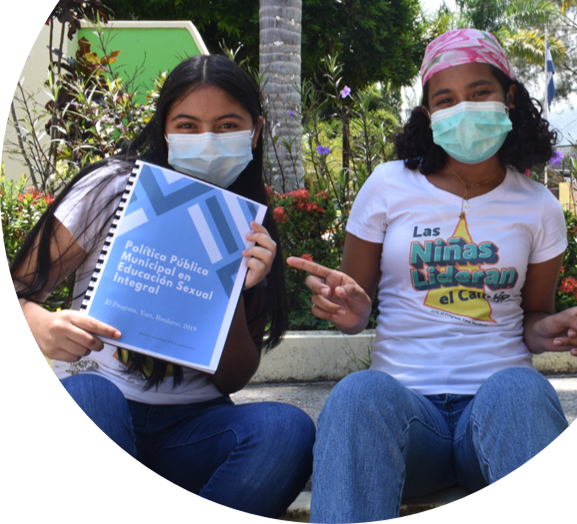 Comprehensive Sexual Education (CSE) provides students with the cognitive, emotional, physical, and social aspects of sexuality. A thorough CSE arms children and young people with knowledge and attitudes that will ultimately help them make wise choices and develop healthy sexual relationships. In particular, it helps young women understand their rights. Sexual education has been shown to have the greatest impact when it is a part of school program and when there is involvement of parents, teachers, training organizations, and services that are youth focused.
Comprehensive Sexual Education (CSE) provides students with the cognitive, emotional, physical, and social aspects of sexuality. A thorough CSE arms children and young people with knowledge and attitudes that will ultimately help them make wise choices and develop healthy sexual relationships. In particular, it helps young women understand their rights. Sexual education has been shown to have the greatest impact when it is a part of school program and when there is involvement of parents, teachers, training organizations, and services that are youth focused.
Two UNESCO evidence-based reviews of CSE confirm that it does not increase sexual activity, sexual risk-taking behaviors, or increased rates of sexually transmitted diseases, including HIV. On the contrary, CSE increases young people’s attitude and understanding of sexual and reproductive health, increases the odds of having safe sex, and may actually delay the age at which a person has his or her first sexual encounter. In addition, CSE gives young people the knowledge and tools to question issues and behaviors surrounding sexuality and challenge negative social and gender roles. This is key to achieving gender equality. In fact, gender-focused programs are more effective than gender-blind programs at reducing the incidence of unintended pregnancy or sexual transmitted disease. Generally speaking, programs that promote abstinence as the only alternative are ineffective. This approach does not change behavior, delay sexual initiation, or reduce the frequency of sex or the number of sexual partners.
Unfortunately, millions around the world not only move from childhood to adulthood with an incomplete understanding of their own bodies and that of the opposite gender, but they also carry forward false ideas and judgments about sexuality and health in general. This may ultimately have a direct effect on their social and emotional development and, on a broader scale, reduce the chance of achieving the Sustainable Development Goals.
There are a few reasons that communities forego CSE. First are negative and misinformed public attitudes that may stem from cultural or religious beliefs about sexuality. These cultural norms are often passed down from mother to daughter and father to son – without thought to whether the ingrained traditions are healthy or hurtful. In addition, there are often operational constraints such as a lack of classroom materials, teachers, or financing.
Source Materials
https://www.cia.gov/the-world-factbook/countries/honduras/summaries/#introduction
https://www.hrw.org/americas/honduras
https://www.worldbank.org/en/country/honduras
https://www.american.edu/cas/economics/ejournal/upload/lomot_accessible.pdf
https://en.unesco.org/news/why-comprehensive-sexuality-education-important
